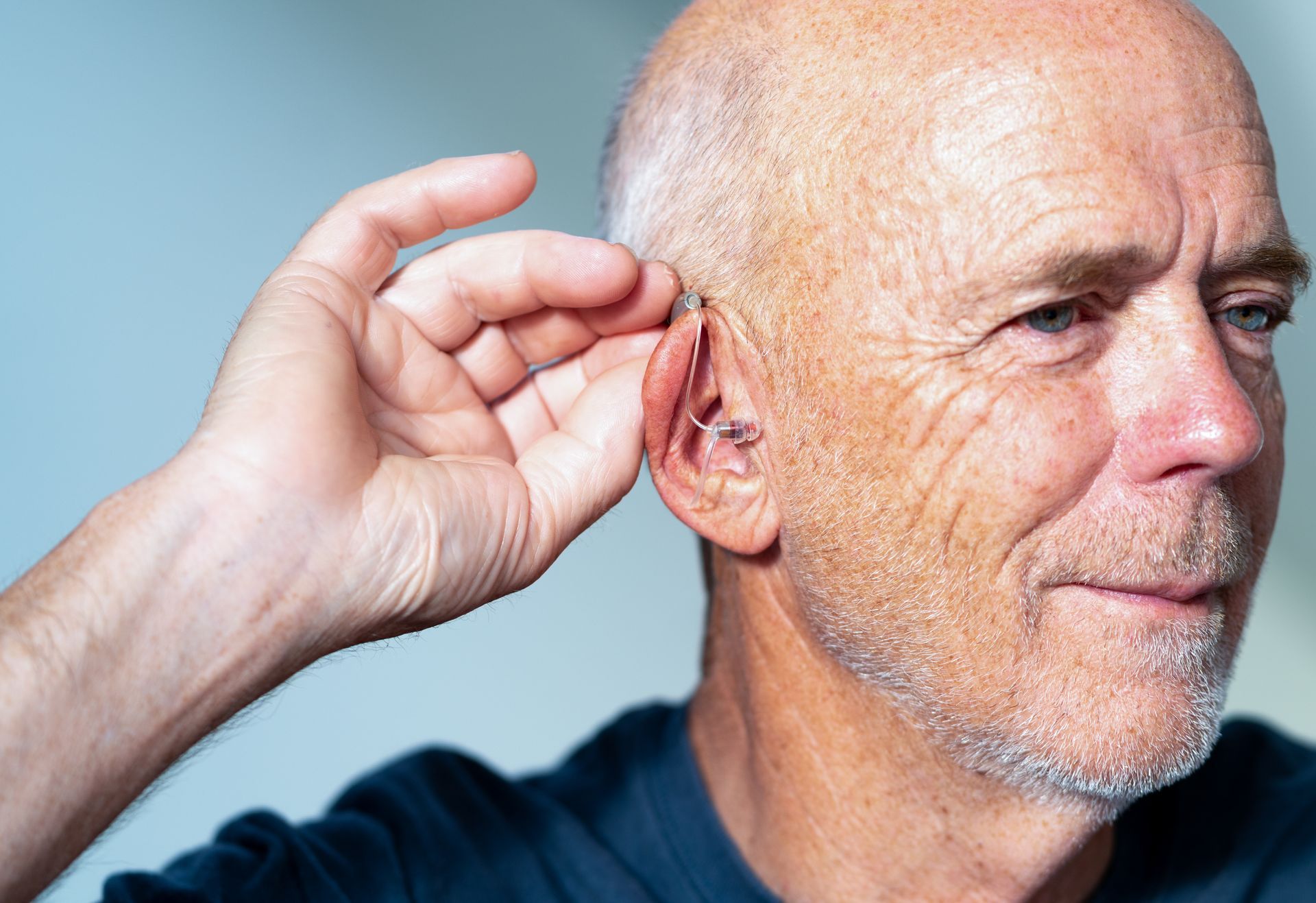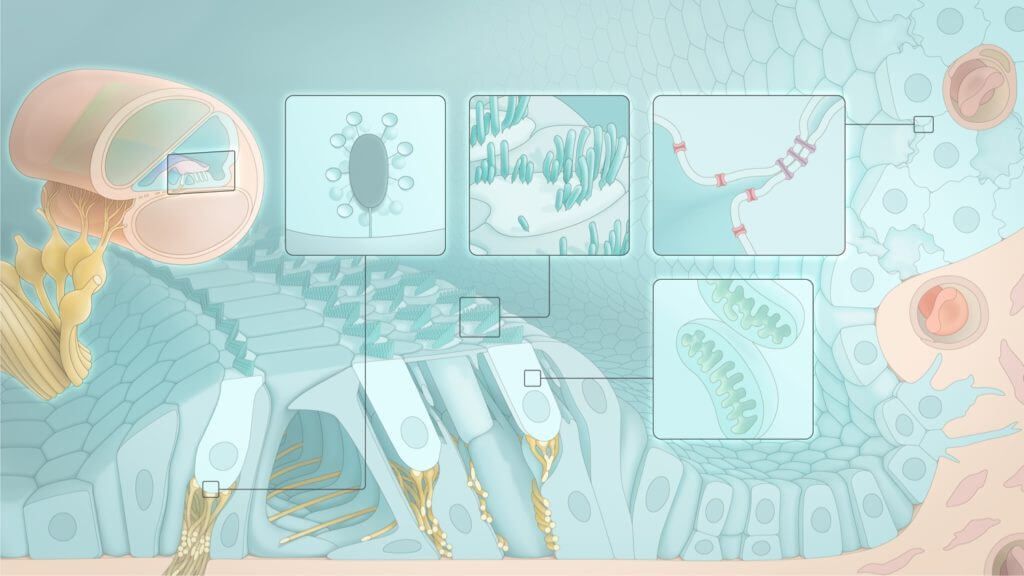Muffled Hearing: Common Causes and Solutions
Muffled hearing can be an annoying symptom preventing you from enjoying your favorite tunes or understanding the subtle dialogue during a movie at the Naples Cinematheque. Learning the common causes of muffled hearing and when to seek professional help can help prevent this annoyance from turning into a constant companion.
Common Causes of Muffled Hearing
A few common causes of muffled hearing include:
- Loud noise. When you immerse yourself in the booming atmosphere of a live music performance or an action-packed movie, the excitement of the moment can sometimes overshadow the potential risks to your hearing. As sound waves penetrate your inner ear, they journey through the cochlea, a delicate organ housing numerous tiny hair cells crucial for transmitting sound signals to your brain. Exposure to excessively loud music can strain these hair cells, leading to temporary or permanent hearing loss. Fortunately, safeguarding your hearing doesn’t mean sacrificing your enjoyment of concerts or thrilling movies. Simple measures like wearing earplugs or earmuffs can significantly reduce the impact of loud noise on your ears, preserving your ability to relish the sounds you love.
- Earwax impaction. Earwax, the natural secretion in your ear canal, plays a vital role in maintaining ear hygiene by trapping dirt and moisture. While earwax is vital to your ear health, excessive buildup can occasionally lead to muffled hearing, indicating the need for professional removal. Do not attempt to remove earwax at home using cotton swabs, ear candling or other remedies. While they may appear to help, home remedies can be dangerous, leading to wax impaction, eardrum perforation and burns.
- Airplane ear. Airplane ear, also known as ear barotrauma, arises when pressure imbalances occur between your middle ear and the surrounding environment. This phenomenon often occurs during rapid elevation changes, most commonly during airplane take-off or landing. Symptoms of airplane ear may include muffled hearing, ear pressure, discomfort or pain. Simple techniques like chewing gum or yawning during altitude changes can help equalize pressure within the ears, mitigating the risk of muffled hearing. While most cases resolve shortly after landing, severe cases may require professional intervention.
When To Seek Help
Not all instances of muffled hearing require immediate medical attention. For example, if your hearing is muffled for a few hours after a flight, you don’t necessarily need to worry. However, it is always best to see your provider in cases of prolonged (a few days) or frequent muffled hearing.
Our team is dedicated to providing comprehensive hearing tests and expert care to safeguard your auditory well-being. If you’re experiencing any hearing-related concerns, whether muffled hearing, tinnitus or discomfort, don’t hesitate to reach out to Center For Hearing for an appointment with one of our specialists.
- Understanding Infant Hearing Loss
- The Relationship Between Exercise and Hearing Loss
- Are There Apps for Tinnitus Management



